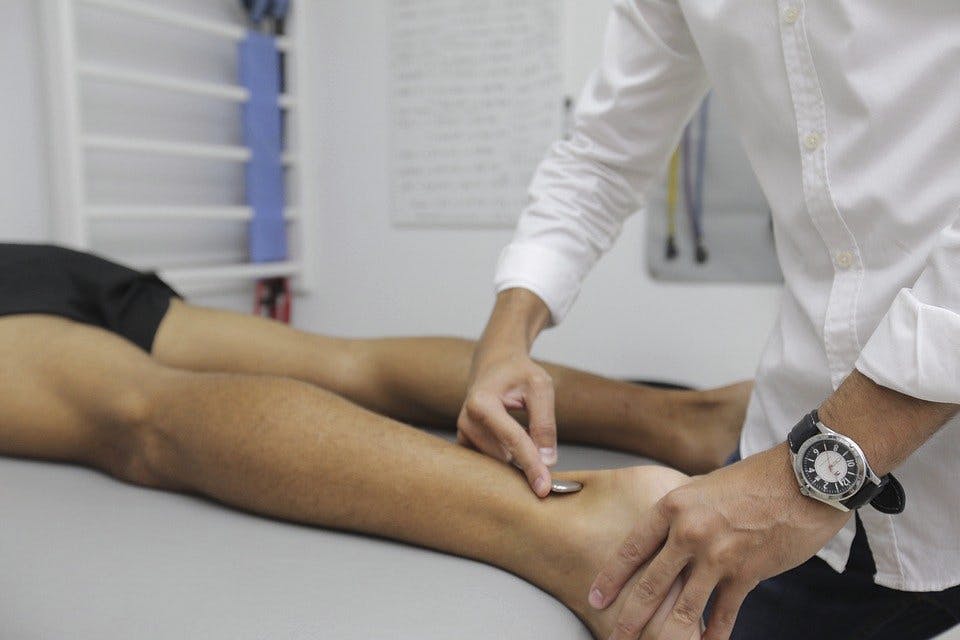Retirement is exciting for a lot of people. Finally, you get to enjoy time with loved ones, pick up your favorite hobbies, and enjoy extended holidays—all things that just weren’t possible when you were working.
Granted, retirement allows you to do whatever you want, but does it also hurt your health and life expectancy? That’s a good question!
In this blog, we’ll explore life after retirement and why regular medical care is important to ensure good quality of life.
Let’s get started:
An increased risk of developing various health conditions
In the US, most people retire in their 50s or 60s. And unless they maintained a very healthy lifestyle throughout their lives, the chances of them developing numerous medical conditions are very high.
Retirees who have a history of smoking, regular drinking, and poor dietary habits are at a particularly greater risk of developing a medical condition.
From cardiovascular disease to type-2 diabetes and age-related diseases such as dementia, and hypertension, there are numerous health conditions that can affect their quality of life, as well as their life expectancy.
Hence, regular medical care plays a pivotal role in ensuring they remain active and healthy. Early diagnosis prevents diseases or injuries from becoming bigger problems.

Retirement can affect mental health
Due to increased awareness around mental health, many adults have started to engage in activities that bolster their mental wellbeing. However, there’s still a large number of retirees who spend time in isolation and hardly interact with people regularly.
This is especially true for those who don’t have a lot of family, or those that have a social network that’s tied to their workplace.
Retirees who go through divorce or lose their loved ones are also at higher risk of developing mental conditions.
Poor mental health can also stem from deteriorating physical health. Hence, it’s important to get regular care to stay physically well and also mentally strong.
Here are some great pieces of advice on maintaining mental wellness after retirement.

With old age comes increased chances of falls
According to the CDC, falls are the leading cause of injury in those who are 65 and older. Fall injuries can severely affect one’s quality of life in severe ways.
The statistics also show that around 20% of falls cause a serious injury, such as broken bones or a head injury.
While many fall injuries take place due to lack of care, others happen due to decreased mobility, dexterity, and motor skills—all factors that are associated with aging.
The chances of these injuries can be reduced by removing home hazards, improving home lighting, and—most importantly—focusing on physical health.
A functional capacity evaluation can help your doctor design effective fall prevention interventions that will minimize the chance of fall accidents.
Want to lead a healthy life post-retirement? At HealthRite Medical and Rehab, we offer physical therapy, functional capacity evaluation, among several other medical facilities to patients in Houston, TX. Get in touch with us to find out more!

